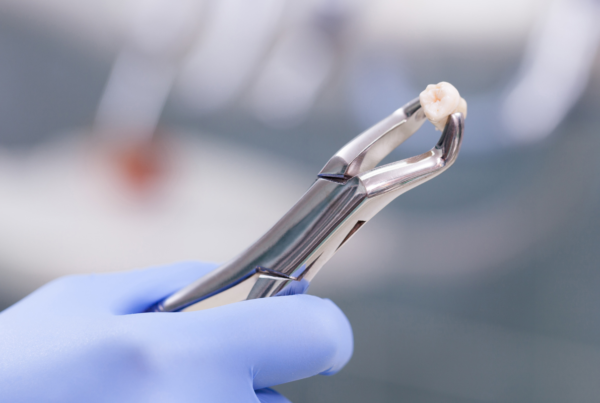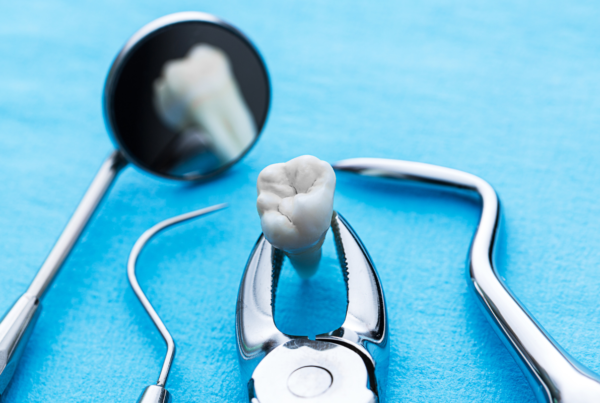What is enamel and why is it important?
Tooth enamel covers the outer surface of the tooth crown. It is a transparent layer composed mainly of minerals such as hydroxyapatite, which makes it extremely resistant to abrasion and mechanical damage. Despite its incredible hardness, it is vulnerable to acids and external factors that can weaken it. Below are its most important functions.
Causes of enamel weakening
Enamel can weaken due to various external and internal factors. One of the main causes is a diet rich in sugars and acidic foods, such as citrus fruits, carbonated drinks, or sweets, which promote erosion. Improper oral hygiene habits also contribute, including aggressive brushing or skipping floss. Other causes include acid reflux and bruxism, as well as genetic factors like naturally thin enamel. The use of whitening products without dental supervision can also damage this protective layer.
Is it possible to rebuild enamel? Is remineralization real?
Unfortunately, enamel cannot fully regenerate. It lacks living cells that could rebuild its structure. However, remineralization can help fill microscopic losses by replenishing calcium, phosphorus, and fluoride in the enamel. Fluoride plays a key role by forming a protective layer that increases acid resistance. Products like fluoride toothpaste and mouthwash support this process.
Although home methods like a proper mineral-rich diet and good hygiene strengthen enamel, professional procedures such as fluoride treatments or sealants are often more effective.
Synthetic enamel is an innovative dental solution that strengthens weakened areas and protects against further damage. This liquid layer mimics natural enamel and guards against abrasion, microdamage, and decay.
Home remedies for strengthening tooth enamel
Oral hygiene as a foundation for enamel protection
Consistent oral hygiene removes debris and bacteria that can cause demineralization.
Use fluoride toothpaste. Choose pastes with fluoride tailored to your needs. Brush your teeth at least twice a day with a soft-bristled brush to avoid abrasion. Use fluoride mouthwash or natural rinses to reach inaccessible areas. Floss daily to clean between teeth and reduce bacterial buildup.
Diet that supports enamel remineralization
Proper eating habits play a crucial role in strengthening enamel from within.
Consume foods rich in calcium like dairy, tofu, and almonds. Include phosphorus-rich foods like fish, meat, and eggs. Eat crunchy vegetables and fruits to stimulate saliva and clean teeth naturally. Drink plenty of water to flush away food debris and maintain healthy hydration.
Avoiding harmful factors
To help enamel remineralize, it is essential to reduce exposure to harmful substances.
Limit acidic foods and drinks that can erode enamel. Reduce sugar intake that promotes bacterial growth and decay. Avoid smoking, excess coffee, and tea, which can cause staining and enamel weakening. Be cautious with whitening treatments and consult a dentist beforehand.
Natural methods for enamel support
Many people use natural methods to reinforce enamel.
Oil pulling with coconut oil has antibacterial effects that protect enamel. Rinsing with water and baking soda helps balance mouth pH and protect enamel. Chewing sugar-free gum stimulates saliva production, aiding remineralization. Homemade masks with turmeric or activated charcoal should be used sparingly to avoid abrasion.
Maintaining a healthy oral pH level
Keeping pH balanced in the mouth is key. Acidic environments promote enamel erosion, so rinse with water or use baking soda solutions to neutralize acids.
Moisture and saliva production
Saliva supports enamel remineralization. To maintain healthy saliva flow: Drink plenty of still water. Avoid excessive caffeine and alcohol intake. Chew sugar-free gum to stimulate saliva production.
Preventive care – the key to enamel health
Although enamel cannot fully regenerate, it can be protected and strengthened with proper care. Collaboration with a dentist and consistent hygiene habits are essential.
Dental checkups help detect early signs of erosion or decay and provide guidance on enamel care. Professional cleaning strengthens teeth and polishes the enamel.
Sealants and fluoride treatments are two effective clinical options.
Sealants protect the chewing surfaces from bacteria and decay. Fluoride treatments reinforce enamel and promote remineralization. They are quick, painless, and suitable for children and adults.
Can daily oral hygiene rebuild enamel? Summary
While enamel cannot be rebuilt completely, home remedies can effectively support its remineralization and protection. Key practices include regular hygiene, a mineral-rich diet, and avoiding harmful factors like acids and sugars. Natural methods like oil pulling or baking soda rinses can be helpful additions. However, regular dental checkups remain irreplaceable in monitoring enamel health and preventing serious issues. With consistent care, a healthy smile is possible for years to come.






